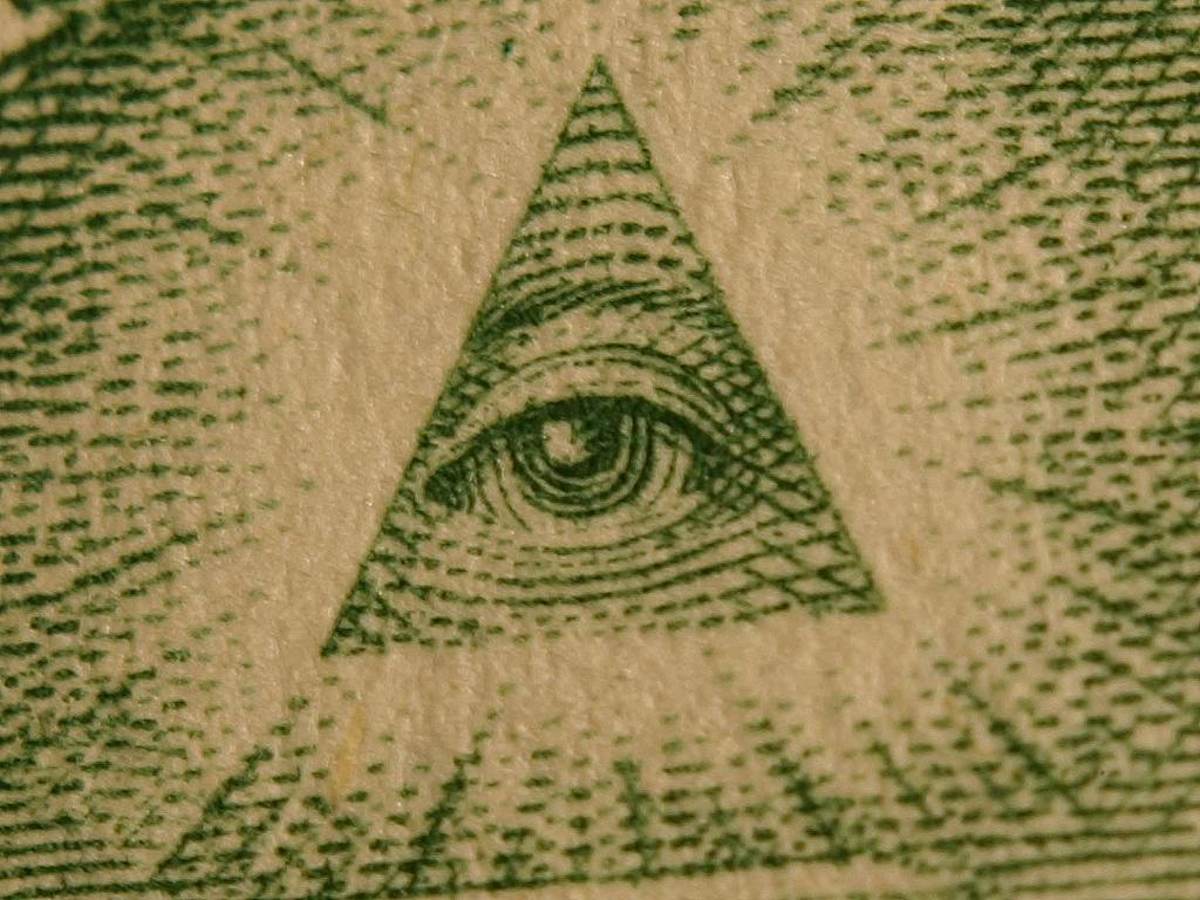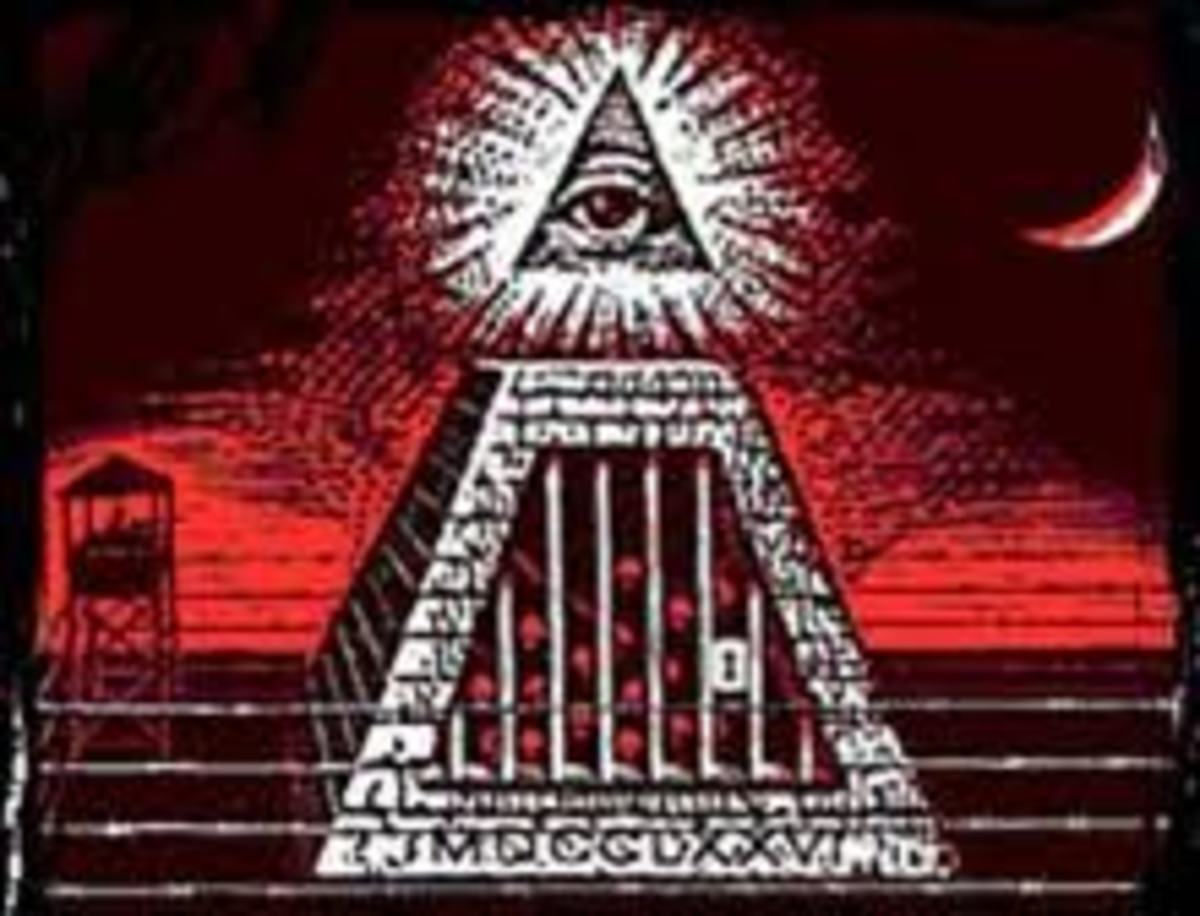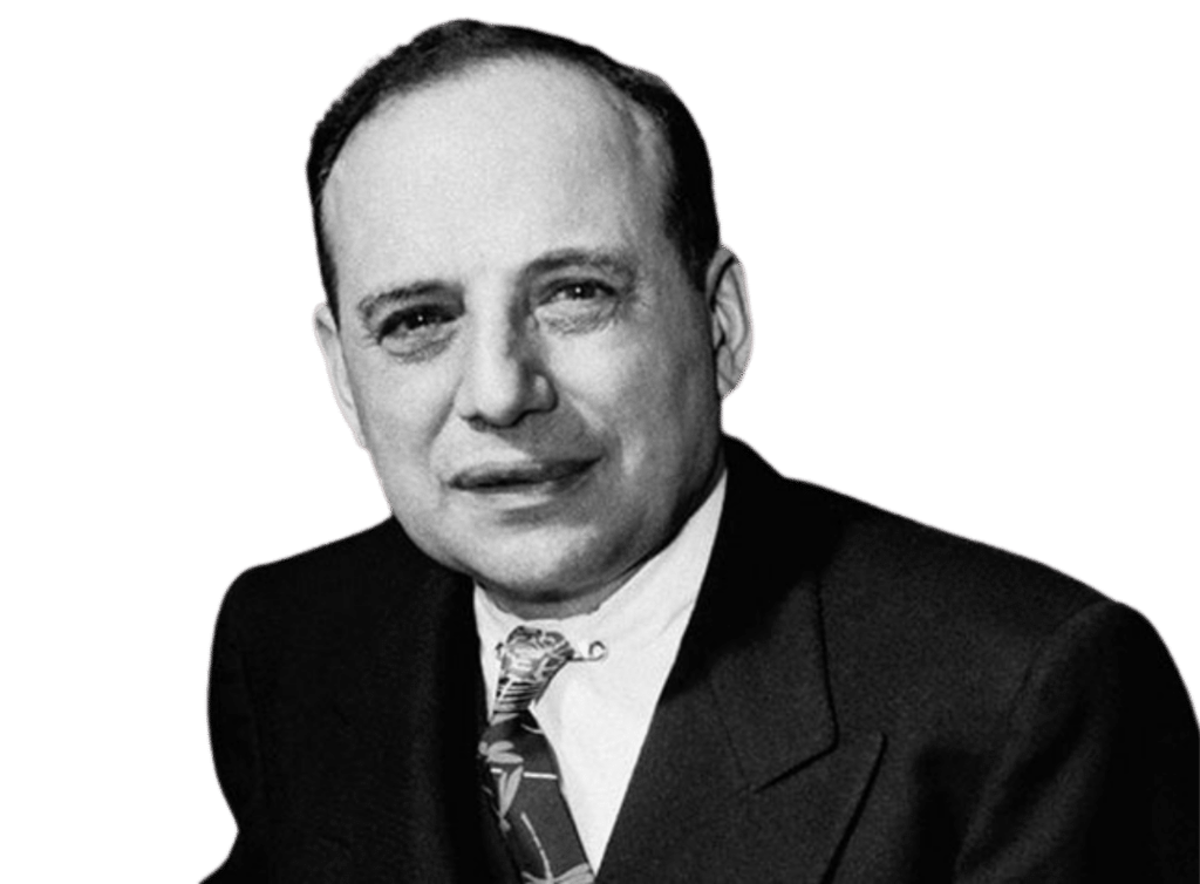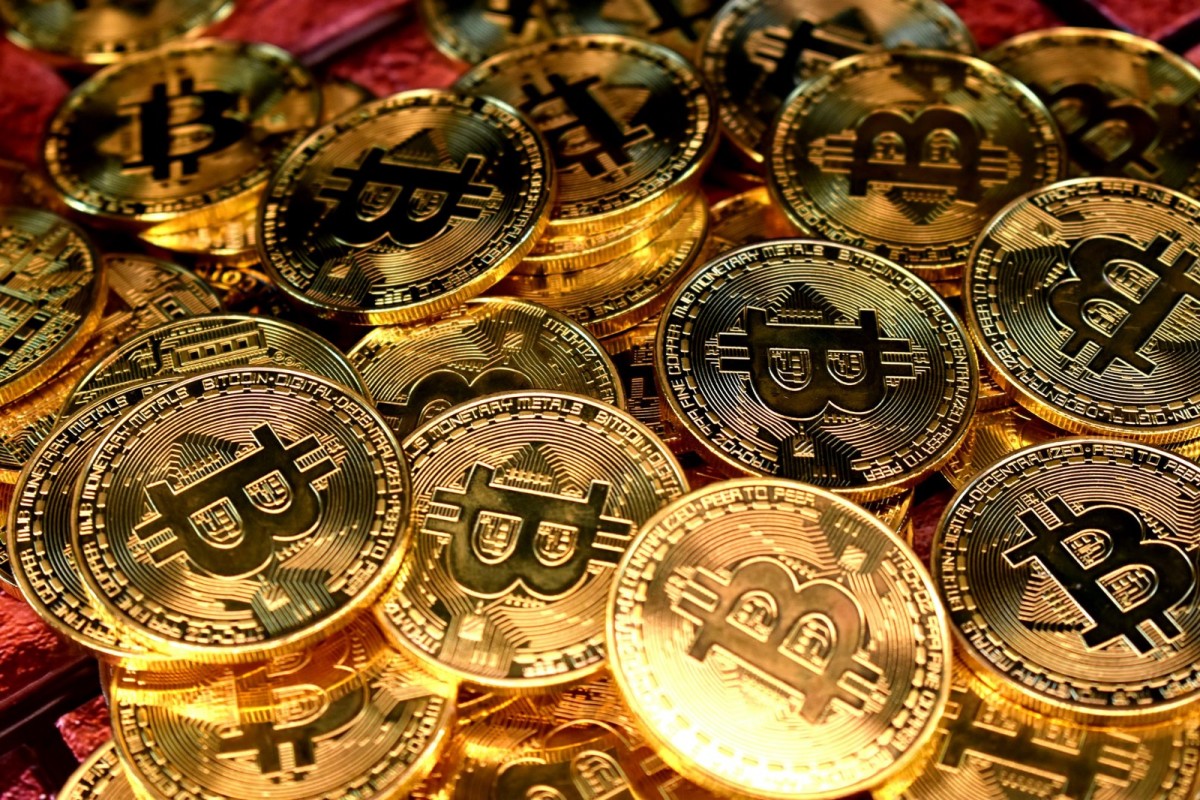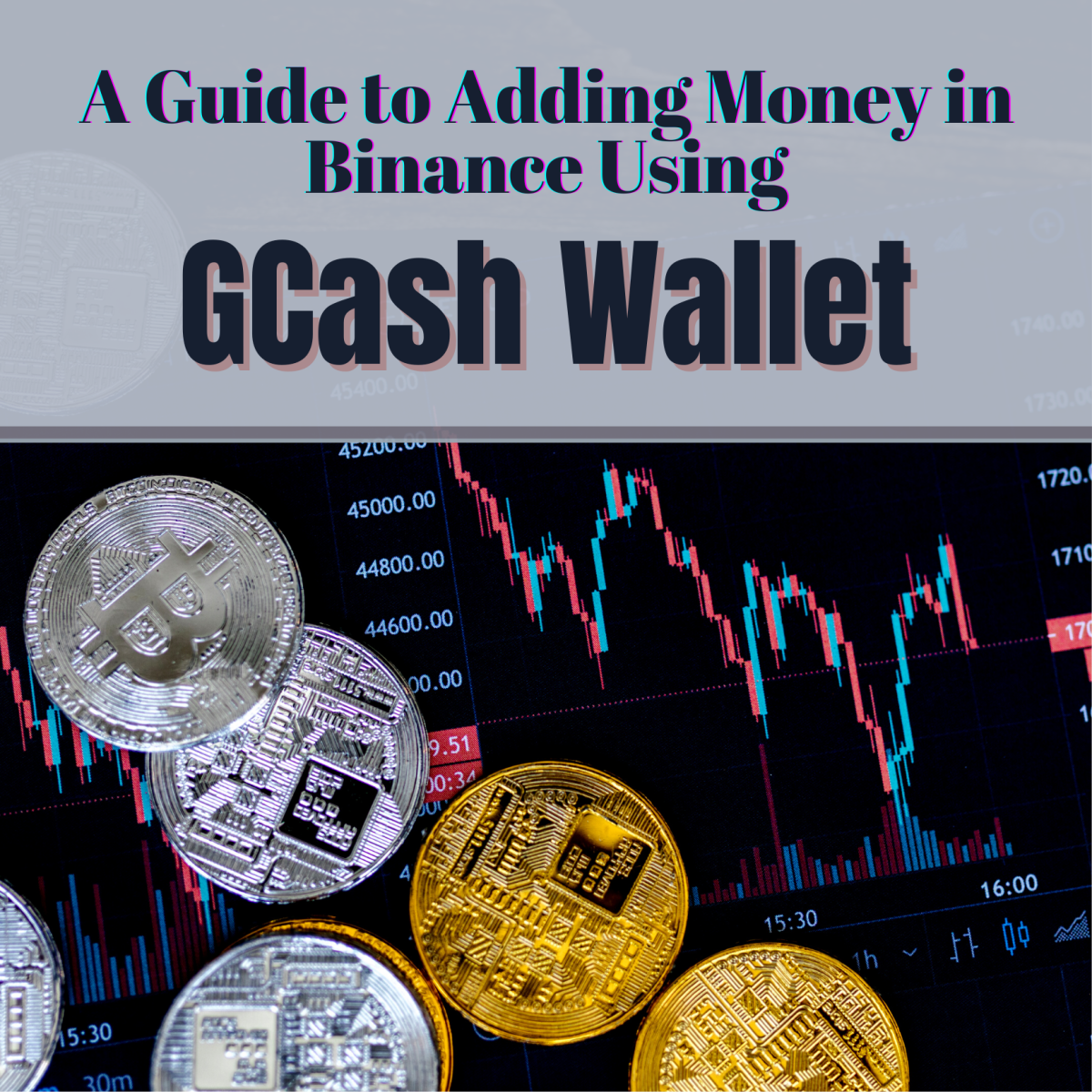Buy When There's Blood In the Streets

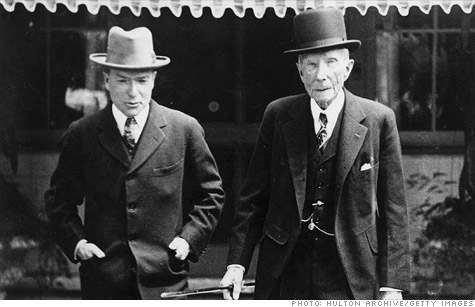
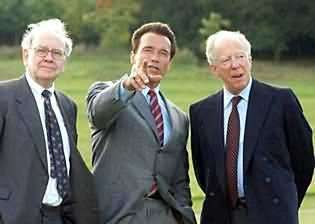
Nathan Mayer Rothschild is famously quoted as saying the time to buy is when there is blood in the streets. This has been the mantra for many famous contrarian investors over the years. Timing is everything; so knowing when there is enough blood on the streets is the acme of skill. The odds on success can be shortened by having intelligence which sends the correct contrary signal; that the crowd of bears does not posess. For those who do not posess this privileged access to classified intelligence; the next best thing is to observe the bahviour of those who do.
Another legendary figure in finance who opined the same strategy is John D. Rockefeller.The competition between the Rothschilds and the Rockefellers; for the control of oil in the Caspian region around Baku in Azerbaijan is legendary. The competition gave way to concord and an oligopoly.
The current most legendary investor Warren Buffett; is the latest doyen of this contrarian style of investing.
Do they smell blood?
Today there is blood on the streets; metaphorically and literally speaking in the global economy. It is therefore interesting to put this into context when observing the behaviour of the scions of these two families. In June 2012, it was announced that the Rothschilds and Rockefellers would be combining financial resources in the asset management business. In this tie up, the Rothschilds would be buying into the North American asset management business of the Rockefellers. Applying the blood on the streets analogy, it would seem that the combined group seeks to capitalize upon an opportunity being presented in North America.
Market Intelligence
The Rothschild family has a history of employing economic and political heavyweights; to inform their opinion and intelligence gathering. At the time of the first global conflagration that originated in Europe, the Rothschilds employed Herbert Hoover in their Rio Tinto Zinc mining company. Hoover went on to preside over the Commission for Relief in Belgium; and ultimately returned to America to become President. Hoover's presidency also corresponded with the Great Crash of 1929 and the Great Depression era, that ultimately led to fiscal stimulus in the form of FDR's New Deal. Former World Bank Governor James Wolfensohn and former Federal Reserve Chairman Paul Volcker worked in an affiliate of the asset management division of the Rothschild financial empire. The association of David Rockfeller with Chase Manhattan Bank; and his founding of the Trilateral Commission have also been well recorded. Paul Volcker's early career was spent at Chase Manhattan; and he is a founding member of the Trilateral Commission, in addition to having served as Chairman of President Obama's panel of economic advisers.
What is not well known, is the connection of the Rothschilds and Rockefellers during the second great conflagration involving Europe. A young American hero and Columbia alumnus called William "Wild Bill" Donovan served alongside Herbert Hoover in Europe, during World War I. After the War, Donovan worked as a political strategist for Herbert Hoover; and later spent time in Germany representing Rothschild interests that were being confiscated by the Nazis. In World War II, he founded the OSS; which later became the CIA. The OSS was based in offices at the Rockefeller Center in New York City. Lord Victor Rothschild was Winston Churchill's intelligence adviser; and was responsible for the founding and training of the OSS. It was Churchill himself who played a prominent role in the relationship between the two families; when he was First Sea Lord of the Admiralty. Churchill took the strategic step of moving the Royal Navy from Coal to Oil; and in so doing ushered in the historic association of Britain and America with Russian and Middle East Oil. Rockefeller's Standard Oil had a controversial history during the Second World War. Controversy surrounded it for its relationships with Germany's IG Farben; and also for its part in the military occupation of Russian oilfields by America in the Caspian, long after hostilities had formally ended.
The land of opportunity
When one observes the global economy of today, it is hard not to conclude that America is in fact a haven of relative stability again; in comparison with the other major economies. It is therefore logical to conclude that rather than smelling blood on the streets in America, that this investment partnership actually smells blood on the streets of the global economy; which it wishes to avoid. The policy responses of America and the easy money that is being created there offer the liquidity of a safe haven; that can lift all boats when investors are exiting investments in other parts of the world. Observing the geopolitics, one can also see the blood in the streets in regions that have strategic oil reserves. The geopolitical scenario is one that will be well understood by the Rothschilds and the Rockefellers.
Links
- Stock Market History is Rhyming Again
Technical Analysis of the S&P 500 is pointing to a bear market. Fundamental Analysis however, says that the bear market began in 2000; and may now be coming to a close. - After avoiding the Second Great Depression what will Equity Markets do next ?
The Federal Reserve has averted a Second Great Depression; and saved the fortunes of equity investors and corporate balance sheets. What can equity investors expect going forward? - Victor Rothschild, 3rd Baron Rothschild - Wikipedia, the free encyclopedia
- William J. Donovan - Wikipedia, the free encyclopedia
- Herbert Hoover - Wikipedia, the free encyclopedia
- Being Jon Hilsenrath
Presidents and Federal Reserve Chairman have come and gone over the last twenty five years; but the commentary of Jon Hilsenrath at the Wall Street Journal has been a constant. Who is this man? - Wolfensohn & Company
- Rockefeller, Rothschild names tied in investment deal - May. 30, 2012
Two of the most storied families in the business world -- the Rothschilds and the Rockefellers -- are coming together in an investment partnership. - John D. Rockefeller - Wikiquote
- Buy When There's Blood In The Streets
Contrarian investors find value in the worst market conditions. Find out how they do it.

